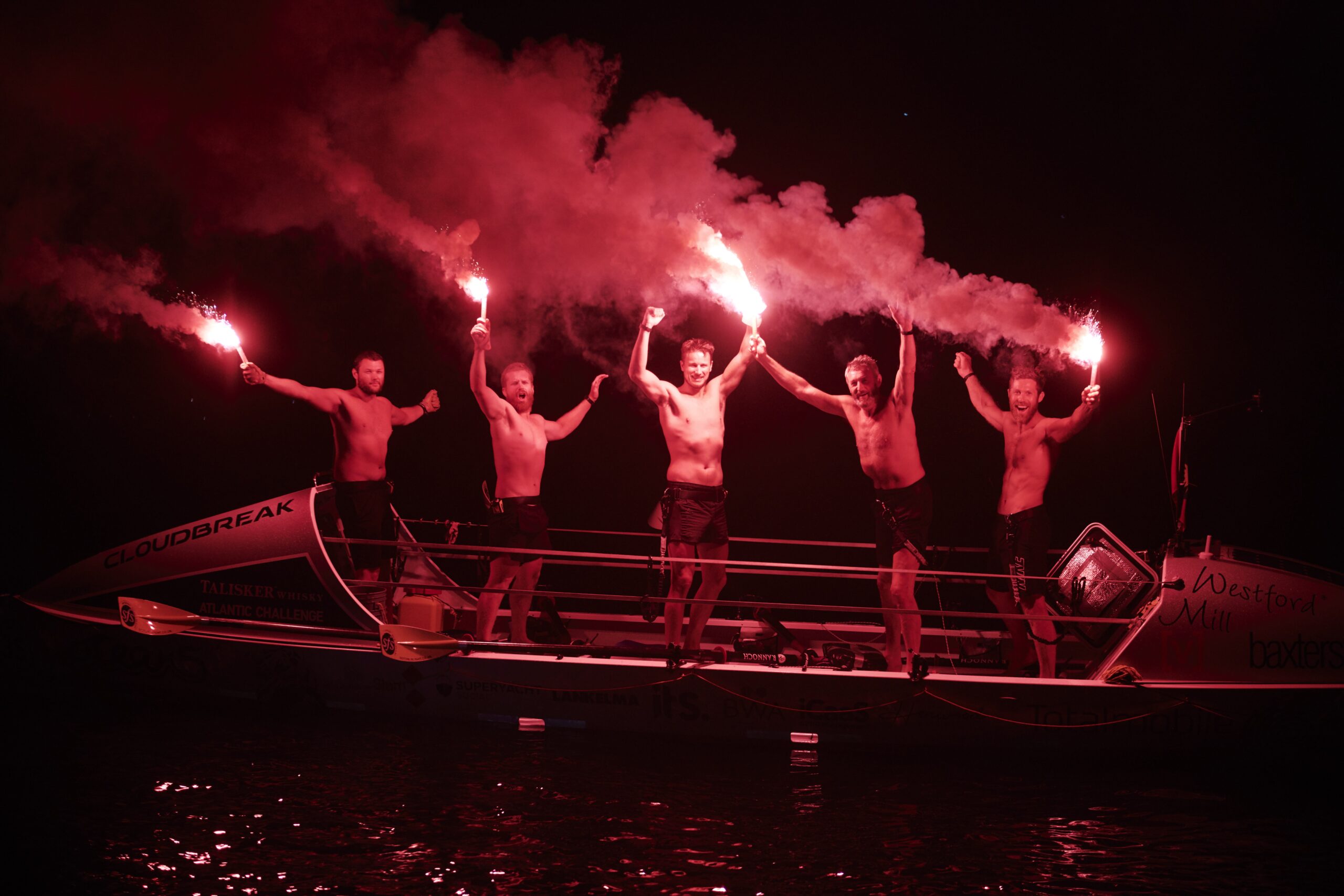When we set out on the project to set a world record for rowing the Atlantic we knew we would need to be the best to do it. We knew what the best was. The previous world record for a 5-man crew on the route we were following was set by the Nauti Buoys at 36 days 19 hours and 9 minutes. That meant our vision of success was to complete the row in less time than that. The route was the same – La Gomera, Spain to English Harbour in Antigua.
We set about putting together our plan to achieve that goal. Our team was far wider than the five of us in the boat. Our friends and families provided critical encouragement, our financial sponsors were generous and experts like weather router Stokey, boat manufacturer Charlie Pitcher and Atlantic oarsman Angus Collins gave us specialist advice. Friends and family members had taken on key roles in marketing and sponsorship activities to ensure we had everything covered, while the crew put in the time getting row-fit and honing our techniques to be as efficient as possible.
We broadcast our message of fighting plastics in the oceans. We had a target to raise as much money as possible to help the Plastic Soup Foundation to prevent plastics entering the world’s oceans.
We spoke at schools, conferences, business clubs, radio, to the TV companies and the press and invited everyone to join the Ocean5 family and support our crazy project to make a real difference.
Our goals, vision, mission and strategy were nailed down well before the actual event. We knew where we were going and what we intended to achieve. Our vision of success was clearer than the water we would row across.
But how does this approach translate into business, where, in most instances, there isn’t a single event with a neat line drawn under it?
The view from a business perspective
In sport it’s easy to measure the fastest, highest or most wins, but in business it’s less clear. Do you measure success in business by size, turnover, sales, profitability or customer satisfaction? Becoming world class in business is not just about the numbers, it’s far more about giving your customer a world class experience.
There is no easy route to building a world class organisation.
Firstly, you need to have a clear vision of what success will look like. What are the key criteria that will tell you that you’ve achieved your vision? Many business leaders revert to thinking numbers at this point – £xxx revenue or £yyy profit. Real and lasting measures of success are wider than that.
Secondly, you need to know that this vision will change as your organisation develops and have a plan that is flexible and able to adapt to changing circumstances.
Building the plan to achieve your vision of success is the beginning of the process which engages the entire team. Planning will give you a starting point to build from and get you off the starting blocks, but the real solution will emerge as a result of the experience of implementation and, frequently, from the learning acquired by testing ideas and even making mistakes.
Every time the organisation strives to achieve something beyond its current capacity, mistakes can occur. Finding a way around these potential blocks encourages the team to grow. Over time they develop a healthy disregard for the word ‘impossible’. Instead, they begin to recognise that they can adapt, be innovative and build something new thereby proving that a solution is indeed possible.
It’s not all about numbers – actually it’s all about people. It’s the people in the organisation who will provide the world class experience you want your clients to have. And if they own the process they will do it not just occasionally but consistently at every point where the client touches the organisation.
With a clear vision and a connected plan, an engaged team will use their knowledge to rise to the challenge. Where leaders create an agile and supportive culture, team members will be inspired to create a magical experience. Clients who experience a world class level of service will always return for more.
Did we beat the record?
Yes, we did! We landed in Antigua after 35 days, 19 hours and 50 minutes – beating the previous record by 23 hours. We’d rowed 2,671 nautical miles with only one 30 minute break to celebrate Christmas and New Year 2020. The plan definitely worked – and was continually reviewed to ensure we were on track to meet our goals.


